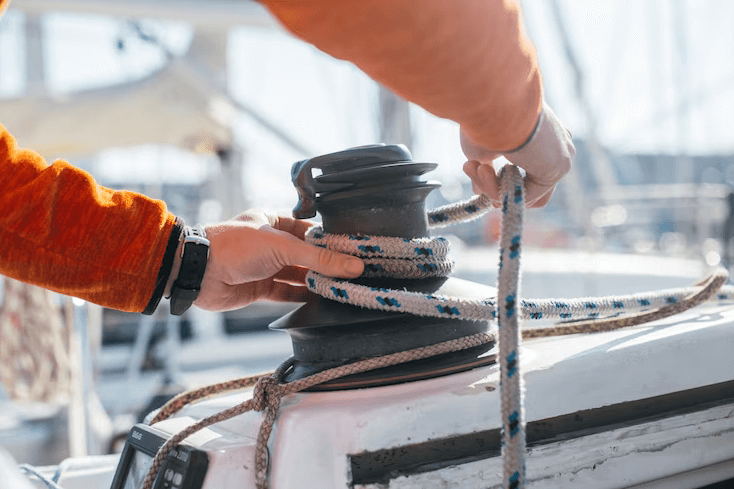While boat insurance may not be required by law, it can protect you from a wide variety of losses. If you get into an accident on the water or if your boat is destroyed in a hurricane, you will want to have insurance in your corner to cover those damages.
Boat insurance will usually cover the physical structure of the boat and the motor (physical damage insurance), as well as property damage and bodily injury liability, which will take care of damage you cause to someone else’s property or injuries you cause to a human being.
Every policy is different, however, and your boat insurance may cover many other potential losses. For example, some policies have medical payments coverage, as well as uninsured/underinsured boaters coverage. In some cases, you will need to opt in to these additional coverage types, which will increase your premium.
The reality, however, is that the bare minimum of boat insurance will not protect your property in all eventualities. For example, if you own a houseboat and you frequently take overnight trips, you likely store myriad personal possessions on board, which will not be covered under a basic policy. You must usually purchase additional insurance for televisions, radios, furniture, fishing equipment and other personal property.
You might also want to purchase boat insurance for the trailer with which you transport it. This is why many boaters buy auto, trailer and boat insurance from the same company, which makes it easier to keep everything straight.
If your boat is totaled in an accident, you should also know what your boat insurance will cover with regard to replacing it. There are three basic types of replacement coverage: total replacement, actual cash value and agreed value.
Total replacement coverage will replace your boat entirely with another vessel of the same type. This means you will not lose any money, but this coverage will drive up your premiums. Actual cash value reimburses you with the amount the boat was worth at the time of destruction, while agreed value will reimburse you an agreed-upon amount for the boat.
In many cases, actual cash value coverage is unpredictable. The sum is based on the market value of the boat, which can be considerably less than you paid, as boats depreciate just like cars. Know how much your boat is worth and adjust your policy accordingly.
The main thing when purchasing boat insurance is to read your policy documents carefully. Know what your boat insurance covers and what it doesn’t so you can make informed decisions. You might want to sit down with your agent to discuss your options and to devise a custom plan fit for your needs.
